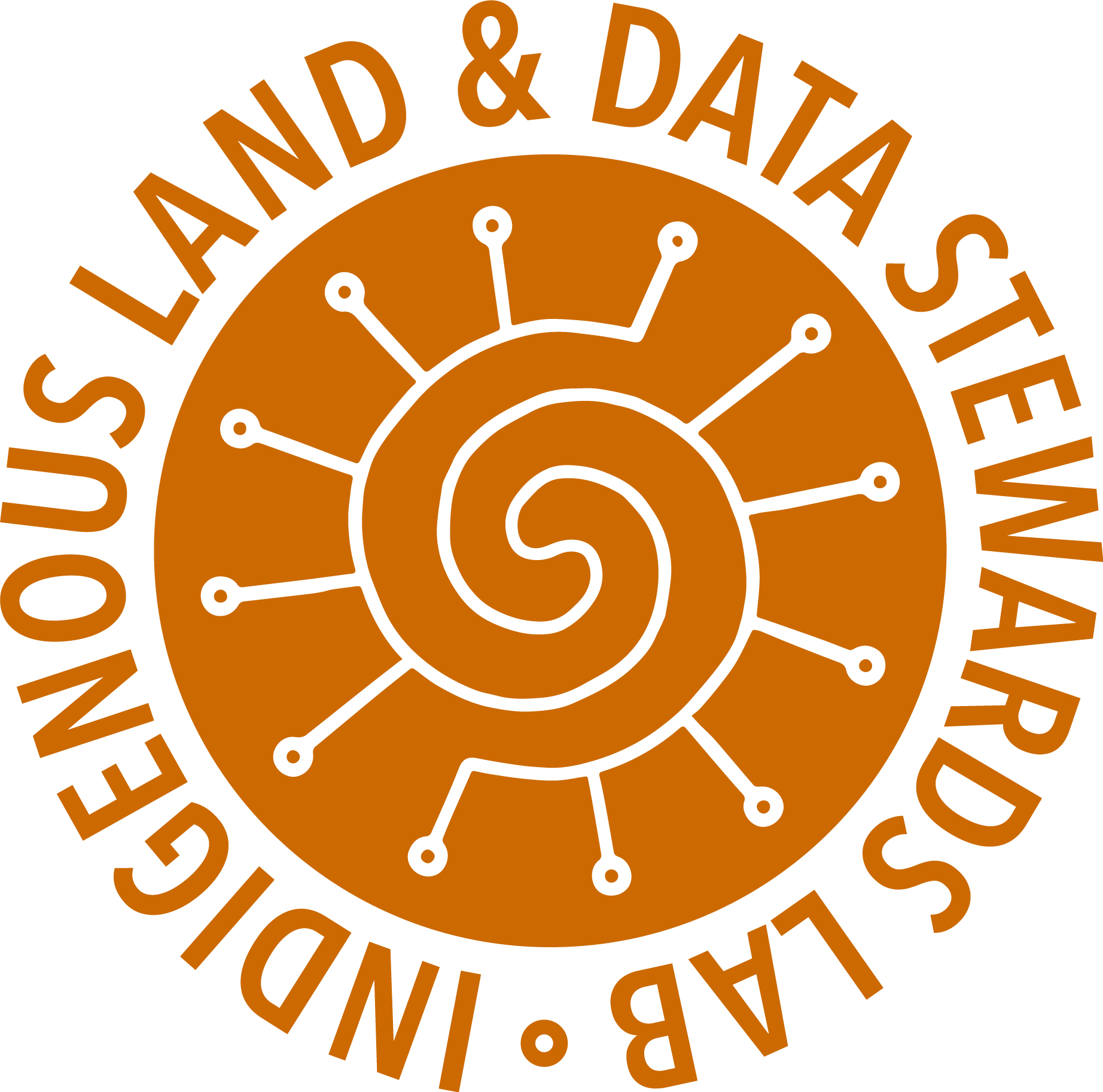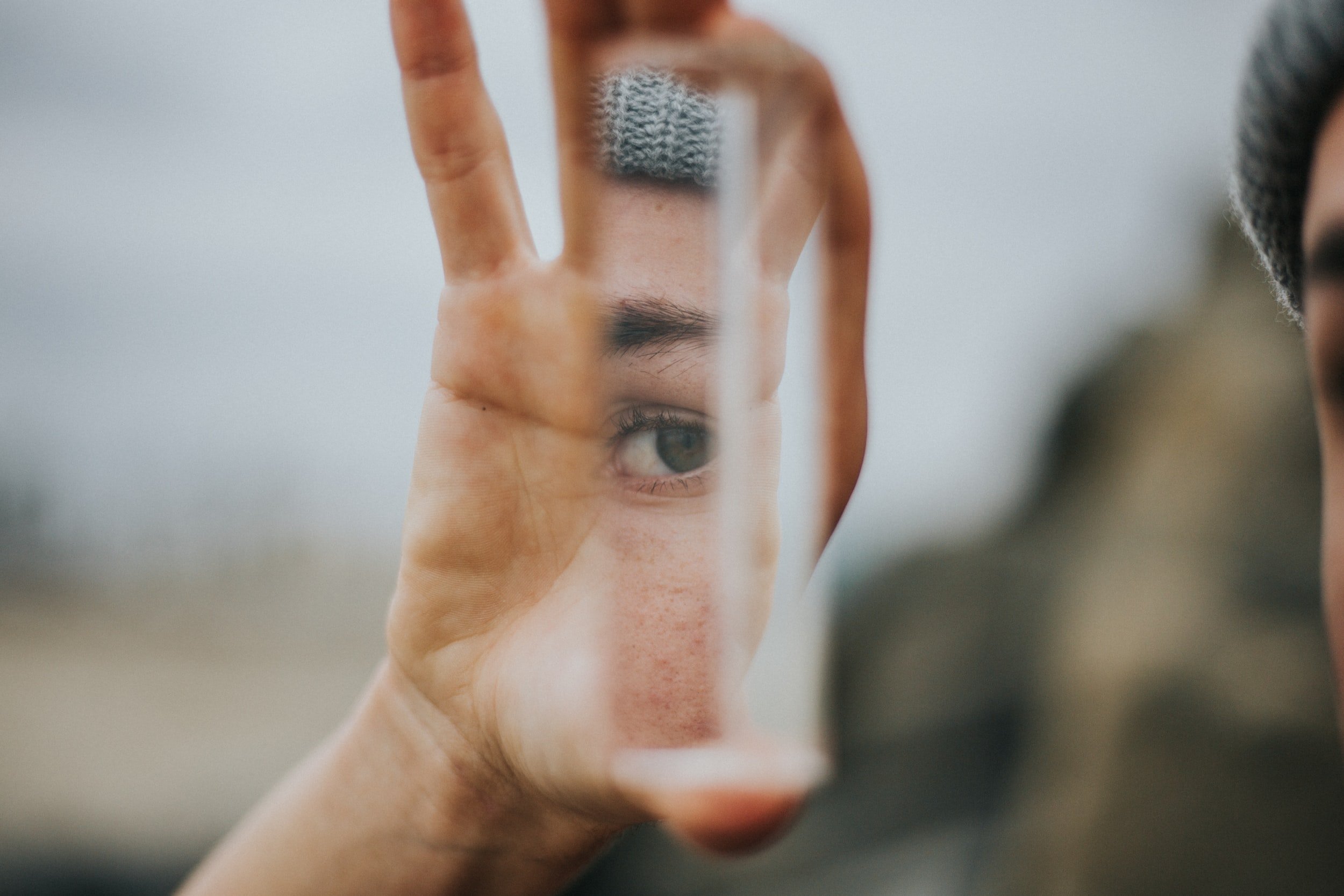Understanding roles and positionality in Indigenous science & education
“The better we understand how identities and power work together from one context to another, the less likely our movements for change are to fracture”
We welcome you, wherever you are at….
The ways in which we engage in Indigenous research and education will vary based on the diverse roles and responsibilities we hold. In the Indigenous Land & Data Stewards Lab, we advocate that Indigenous leadership is necessary for effective Indigenous science research and education. However, there are meaningful roles and responsibilities for those of all backgrounds, including educators, researchers, and others seeking to engage or learn from Indigenous science research and education. Below we provide guidance towards understanding these unique roles and offer opportunities for critical self-reflection, both of which are central to guiding authentic engagement in this work.
How do varying degrees of power and privilege intersect with your work?
Positionality refers to how your cultural, familial, political, and social “positioning” provides varying degrees of power and privilege in proximity to your work. To consider positionality is to reflect on how different intersecting identities, such as race, gender, class, and ability, among others, shape your lived experience and relationship with others. Positionality acknowledges that the opinions, values, and biases that inform your individual perspective and interactions with others also influence your research and practice, whether intentional or unintentional. In this way, identifying your positionality requires an analysis of your own social position. Some questions to reflect on include: 1) What identities root you in your work? 2) Who/what environments have helped raise you and shape your perspective?
How does your positionality relate to your role?
How we show up in the world is continually transforming through the experiences we have, as are the levels of relational accountability we hold for others. After reflecting on your own positionality, ask: 1) How can the roles, responsibilities, and privileges you hold enable you to work towards healthy lifeways for all our relations? 2) What are some areas you acknowledge, with humility, where you have more learning to do? 3) Where can you support Indigenous and community-led efforts? 4) What historical contexts are necessary to understanding your ability to make positive change within your own networks, institutions, and communities? These questions may help to unpack the potential and opportunities within your unique role for engaging with Indigenous land and data stewardship.
What other resources can help you build a deeper understanding of these topics?
Sources geared for allies for further understanding your role:
Indigenous Ally Toolkit (Dakota Swiftwolfe, 2019)
Ally Bill of Responsibilities (Lynn Gehl)
Articles on unpacking positionality in research:
A Positionality Tool to Support Ethical Research and Inclusion in the Participatory Sciences (Cooper et al., 2024)
Power and positionality: negotiating insider/outsider status within and across cultures (Merriam et al., 2001)
What is positionality and should it be expressed in quantitative studies? (Jafar, 2018)
Did we miss anything important in this blog article? Are there any resources that you think should be added? We’d love to hear what you think using this form.
Suggested citation: David-Chavez, D. & Layden, T. (2022). Understanding roles and positionality in Indigenous science & education. Indigenous Land and Data Stewards Lab.

